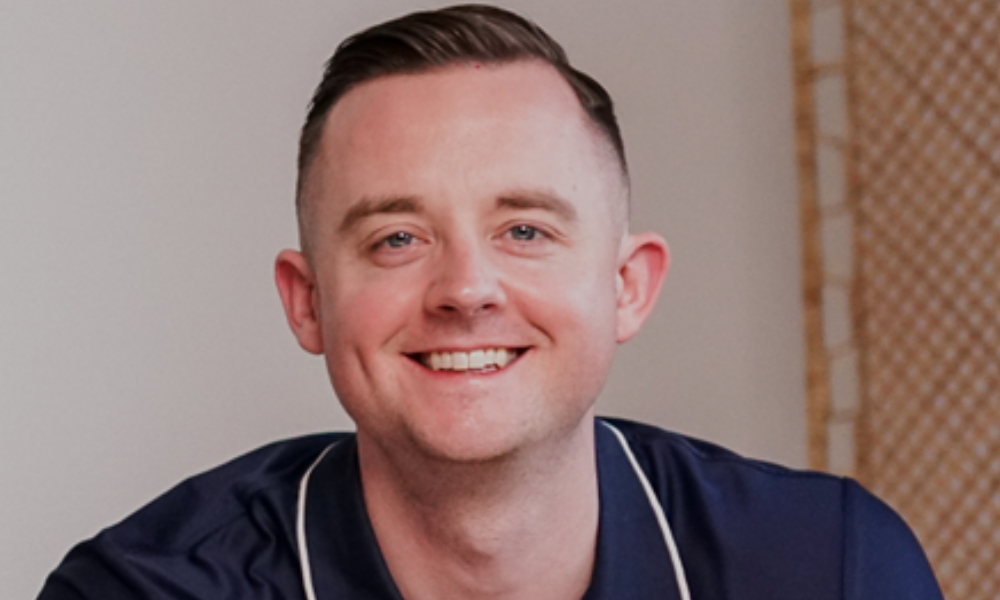A new tool promises to fill gaps in Canadian healthcare, but researchers and health professionals have doubts

As virtual care gains acceptance among Canadians facing limited access to healthcare, Telus Health has launched a free health app that promises to “complement and fill the gap” in the system. But experts are airing concerns over its ability to effectively help patients.
“The only doctor I'm hoping it might replace is [Google],” Juggy Sihota, vice-president of Telus Health, told CBC News. “We're trying to revolutionize access to health care, to help alleviate some of the burden and pressure that's in the system.”
The app is called “Babylon by Telus Health,” went live on March 5; it was launched in partnership with the eponymous UK-based developer and operator Babylon. It’s the latest in a string of moves — including a $100-million purchase of a chain of medical clinics as well as a reported $2 billion spent on digital health ventures last summer — that has made Telus the largest healthcare information technology company in Canada.
It comes with several features, including an artificial intelligence (AI) symptom checker that dispenses “information” — not medical advice — based on a series of questions. It also has the ability to easily refill prescriptions, review secure recordings of appointments, and inform users’ regular doctor of the findings. Another feature, exclusive to those in BC, is the option to quickly book a virtual house call with a provincially licensed doctor.
While the app offers innovative convenience for Canadians, experts are calling for caution. One study of the Babylon chatbot in the UK, published in British medical journal The Lancet, challenged a claim that the symptom checker outdid a human doctor in an exam.
“Babylon's study did not offer convincing evidence that its [symptom checker] can perform better than doctors in any realistic situation,” the study found. Noting a possibility that the tool can perform significantly worse, the authors recommended further clinical evaluation to ensure confidence in public safety.
Dr. Kendall Ho, the head of digital emergency medicine at the University of British Columbia, also weighed in. While he acknowledged the app’s potential helpfulness, he expressed concerns that users would take the chatbot’s information as medical advice without doing an in-person follow-up with a doctor.
The body regulating BC’s doctors, the College of Physicians and Surgeons of BC, also had some reservations on virtual house calls. While acknowledging their power as a tool to reach remote areas, the college said it “continues to receive allegations of deficient care provided via telemedicine,” adding that “the care of unattached (patients) in virtual walk-in clinic models is to be discouraged.”
As Telus and other providers press forward to serve patients, the BC Ministry of Health is reportedly preparing a virtual care strategy to address the technology. It’s also reviewing the current policy allowing doctors to charge $34 for a teleconference visit , which is around the same as an in-person consultation.



